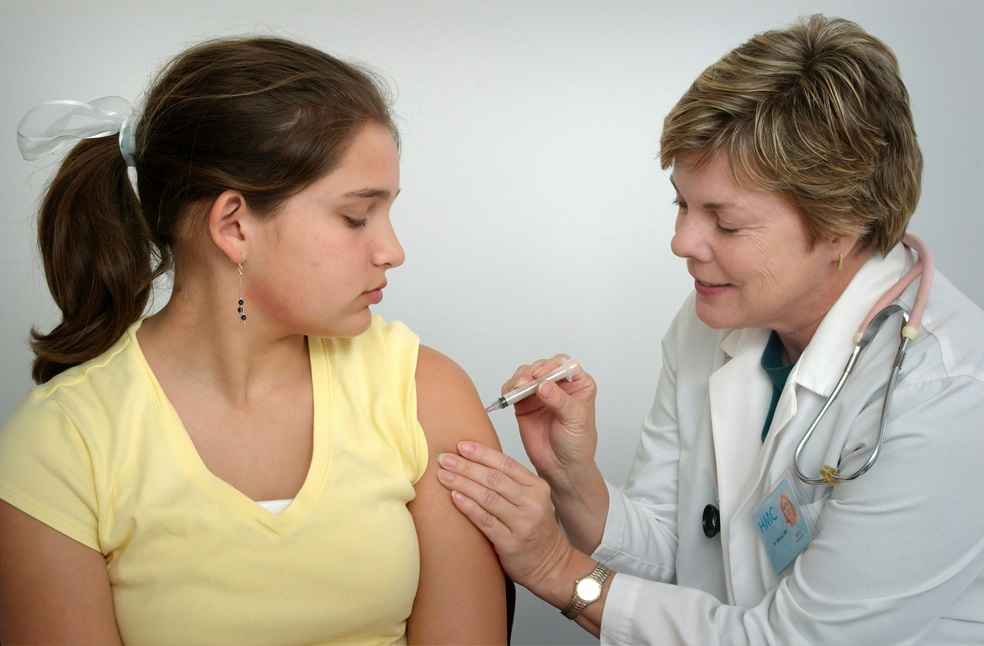United Kingdom: The Pirbright Institute and the UK Health Security Agency (UKHSA) have launched research to develop vaccines against the deadly Henipaviruses.
The Henipavirus is a genus or a group of viruses including the Nipah virus. The research will be funded by the Medical Research Council. The Nipah virus can be transferred from animals to humans and can induce a range of signs, including extreme respiratory sickness and encephalitis, an inflammation of the brain.
The virus remains a threat to current and future global health due to the high mortality rate of infection and the lack of licensed vaccines or treatments at present. The World Health Organization (WHO) lists the Nipah virus as a primary pathogen, a pathogen that causes epidemics with the potential to become pandemics. Recent cases and outbreaks were seen mainly in Bangladesh and India.

The Nipah virus belongs to the Henipaviruses, and a new virus in this group is likely to break out. The research aims to address the risk of outbreaks from new or emerging Henipaviruses, enhance pandemic readiness, and develop a ‘Pan-Henipavirus’ vaccine that provides cross-protection from the entire genus.
Professor Isabel Oliver, Chief Scientific Officer at UKHSA said that, “This study will deepen our understanding of Henipaviruses and make significant progress in our efforts to protect health from this current and future global health threat. The work will also make a vital contribution to the 100 Days Mission – an important initiative to make sure the world is better prepared for the next pandemic by accelerating the development of diagnostics, therapeutics and vaccines.”

Dr Dalan Bailey, Viral Glycoproteins group leader and project lead for Pirbright remarked that, “Understanding whether vaccines for Nipah or other Henipaviruses can provide cross-protection against related viruses is a really important first step in the development of broadly acting vaccines. This is especially important as we try to build more robust pandemic preparedness plans in the wake of the COVID-19 pandemic, and we are delighted to be working with UKHSA on this project.”
Research for Pan-Henipavirus vaccines will provide insights into their efficacy and contribute to global efforts to combat tropical diseases. The Vaccine Development and Evaluation Center (VDEC) was recently established by the UK Health Security Agency to build on its pandemic legacy and help develop life-saving vaccines.



